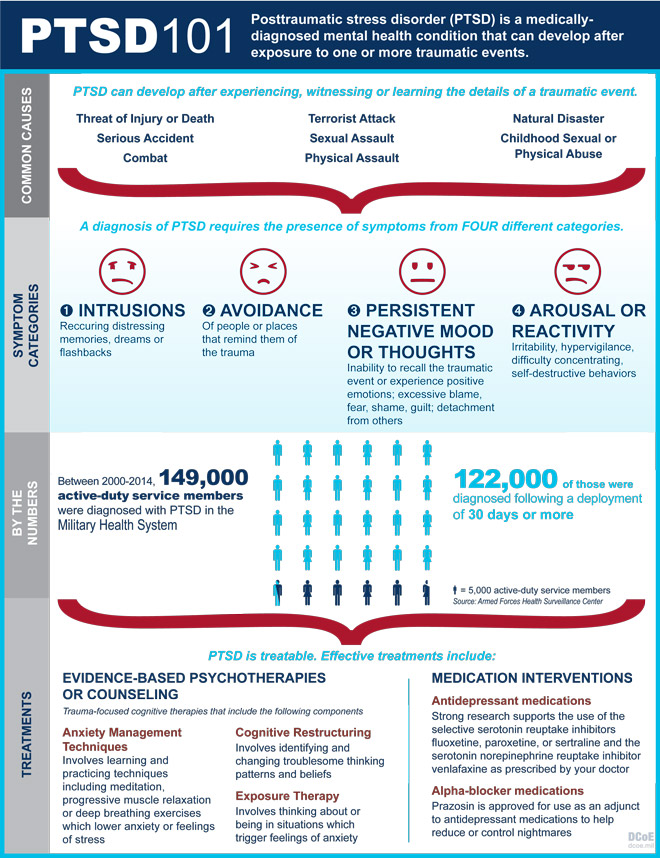PTSD Treatment for Addiction in Los Angeles and Malibu
Oro House Recovery Centers PTSD treatment for addiction in Los Angeles and Malibu successfully treats post-traumatic stress disorder combined with a substance use disorder for drugs or alcohol.
Oro House Recovery Centers PTSD treatment for addiction in Los Angeles and Malibu successfully treats post-traumatic stress disorder combined with a substance use disorder for drugs or alcohol.
Post Traumatic Stress Disorder, commonly known as PTSD, is a mental health disorder that affects approximately 8% of Americans.
The statistics provided by PTSD United, indicate that at any given time, 2.4 million Americans may be suffering from the severe effects of trauma or post-traumatic stress. But that is simply the number of people who are experiencing PTSD at any one time.
On average, 44.7 million people will experience PTSD at some point during their lives.
PTSD is a disorder that occurs in people who have experienced a traumatic event. Trauma can be caused by a number of circumstances such as rape, war, divorce, abuse, illness, torture, bereavement, etc.


While many people are able to heal from the initial symptoms caused by their trauma, those suffering from PTSD often experience debilitating symptoms long after the trauma has passed.
Because PTSD is marked by severe anxiety, insomnia, flashbacks, and other unnerving symptoms, many of those suffering turn to substances to self-medicate.
PTSD and addiction is quite common as trauma survivors sometimes turn to drugs or alcohol as a coping mechanism to avoid or escape from the mental and psychological pain of previous traumatic events.
Fortunately, evidence based treatment for PTSD and addiction has shown to be successful for recovery from both conditions.
According to PTSD United, 70% of adults have experienced a traumatic event at some point during their lifetime. When considering that number, nearly 20% of those people will go on to develop PTSD.
It is important to note that as humans, it’s completely normal to experience distress after a traumatic event. But if any the following symptoms below persist for longer than three months or dramatically disrupt your life, you may being experiencing PTSD.
Mental Health Professionals use a categorical system to diagnose PTSD.
PTSD symptoms may fall under any of the following four categories:
It’s estimated that anywhere from 50% to 66% of those suffering from PTSD are also suffering from a substance use disorder.
While this is an issue that affects a wide range of people, it is especially prevalent in our veteran community. According to the U.S. Department of Veterans Affairs:
Keep in mind, it is not only limited to veterans, as there are also many celebrities and famous people with PTSD who have struggled with the symptoms and found relief through treatment to live productive lives.
PTSD really does impact people from all walks of life and society as a whole. You may not personally be struggling with post-traumatic stress disorder, but chances are high someone in your life is, and they may need help.
Finding the best treatment for PTSD and addiction can make a huge difference in the quality of a person’s life.
 Recognizing that PTSD and addiction is a common co-occurring disorder is crucial for recovery.
Recognizing that PTSD and addiction is a common co-occurring disorder is crucial for recovery.
While the use of drugs or alcohol may temporarily numb the pain and distress associated with PTSD, using substances to relieve the symptoms may ultimately magnify each of them. By using substances to avoid healing from trauma, PTSD is likely to last much longer and will only become worse over time.
The chronic stress associated with PTSD has the potential to interfere with a person’s impulse control, memory, and learning functions. At the same time, addiction can directly affect an individual’s decision-making ability and increases the likelihood of risky behaviors.
When these two disorders co-occur, it is essential that both are treated together as they tend to exacerbate one another. Only treating one without the other can also lead to relapse of one or both conditions.
At Oro House Recovery Centers, we understand the importance of dual diagnosis treatment for co-occurring disorders of PTSD and addiction.
We have been successfully treating our clients for all forms of addiction and mental health conditions, including trauma and PTSD, for more than ten years.
Our Compassionate Care Model® of treatment earned us the recognition of Newsweek as the Best Addiction Treatment Center in America in 2020, 2021, 2022, and 2023.
We are Joint Commission Accredited, which is the addiction industry’s Gold Standard for safety and client care.
In addition, we are licensed by the California Department of Healthcare Services (DHCS), and Legit Script certified to provide the highest level of safety and effective care for our clients.
The Oro House non 12 step rehab program uses evidence-based treatment for PTSD to successfully recover from addiction and post-traumatic stress disorder in a luxury environment that is ideal for healing.
Our residential inpatient treatment program is designed for 30 to 90 days or more to ensure a lasting recovery from PTSD and addiction.
Our clinical team assesses every client during intake, and a customized individual recovery plan is created to address the unique needs of each person.
By evaluating our clients’ needs beyond their addiction, we are able to provide them with an effective treatment model, giving them the tools they need for a successful recovery.
If drug and alcohol detox is required, that will be the first phase before beginning the formal treatment program.
We offer one-on-one and group therapy sessions, as well as specialized therapies that are specifically effective for treating PTSD, combined with holistic wellness programs and exceptional amenities.
Treatment Modalities for PTSD
Oro House is certified to offer Incidental Medical Services (IMS), which is a supplemental medical oversight service for our inpatient clients in the residential level of care.
After the residential program has been completed, we provide the following for our clients if necessary:
At Oro House Recovery Centers, our comprehensive program for PTSD treatment and addiction recovery in a luxury environment is ideal for healing.
We are available at any time to discuss the most appropriate treatment options for each individual.